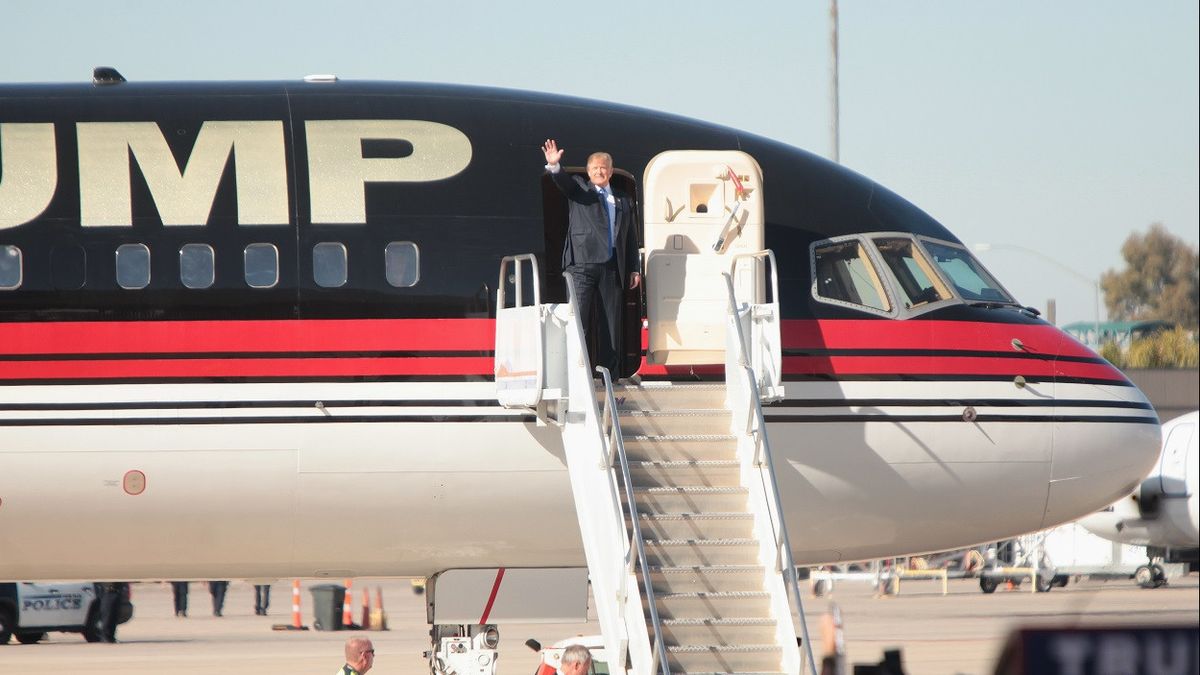JAKARTA - Republican Republican candidate Donald Trump said on Thursday he would remove all taxes on overtime wages as part of a broader tax cut package if he won the upcoming November presidential election.
"As part of our additional tax cut, we will remove all taxes on overtime wages," Trump said in remarks while campaigning in feasibility, Arizona.
"Overtime you will be tax-free," he said.
Trump, who will face the incumbent vice president and Democratic candidate Kamala Harris, previously said he would seek legislation to end taxes on tips to help service workers.
"People who work overtime are among the most hard-working citizens of our country and no one in Washington has paid attention to them for too long," Trump said.
Harris himself had previously made similar promises.
"He was desperate and tried hard and said anything to try to trick people into choosing him," campaign spokesman Harris said in response to Trump's proposal.
At this month's campaign with the union, Harris accused Trump of "blocking" overtime wages from millions of workers during his tenure as president of 2017-2021.
In 2019, the Trump administration issued rules that increased the feasibility of overtime wages for an additional 1.3 million US workers, replacing previous proposals introduced by President Barack Obama, Trump's predecessor of the Democratic Party.
This overtime wage at the level of income is very profitable for blue collar workers, such as fast food workers, nurses, assistant shops, and other low-income employees.
Under the rules of the Department of Manpower, eligible workers must be paid at least one and a half times for working hours above 40 hours in one week of work.
As of last month, American factory workers in non-supervision roles worked an average of 3.7 hours of overtime a week, according to data from the Bureau of Labor Statistics.
SEE ALSO:
Not taxing overtime will result in reduced government revenue. Meanwhile, Trump's plan to expand the tax cuts he passed as president would increase the US deficit by US$3.5 trillion by 2033, according to the non-partisan Congressional Budget Office.
Meanwhile, the US budget deficit in the first 11 months of fiscal year is USD 1.9 trillion.
On the other hand, it is not clear how much income the government receives from taxes on overtime wages.
The English, Chinese, Japanese, Arabic, and French versions are automatically generated by the AI. So there may still be inaccuracies in translating, please always see Indonesian as our main language. (system supported by DigitalSiber.id)


















